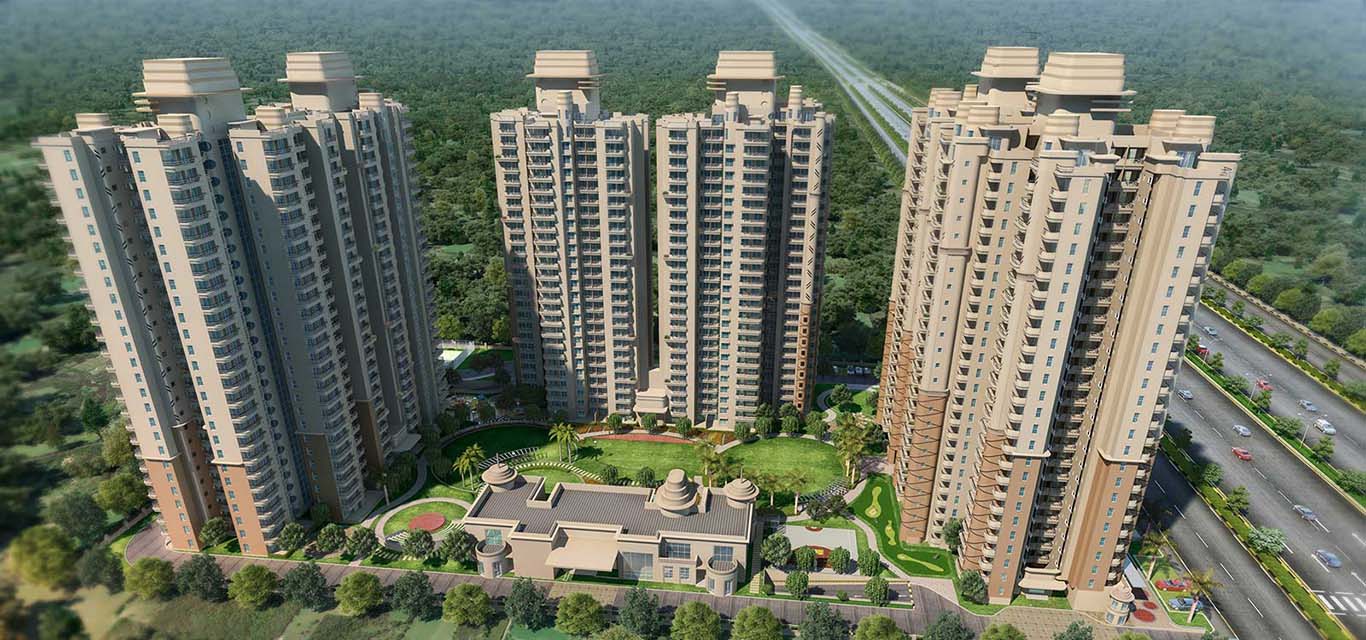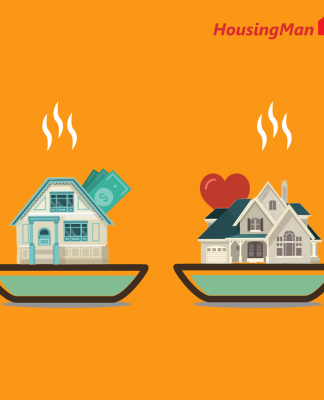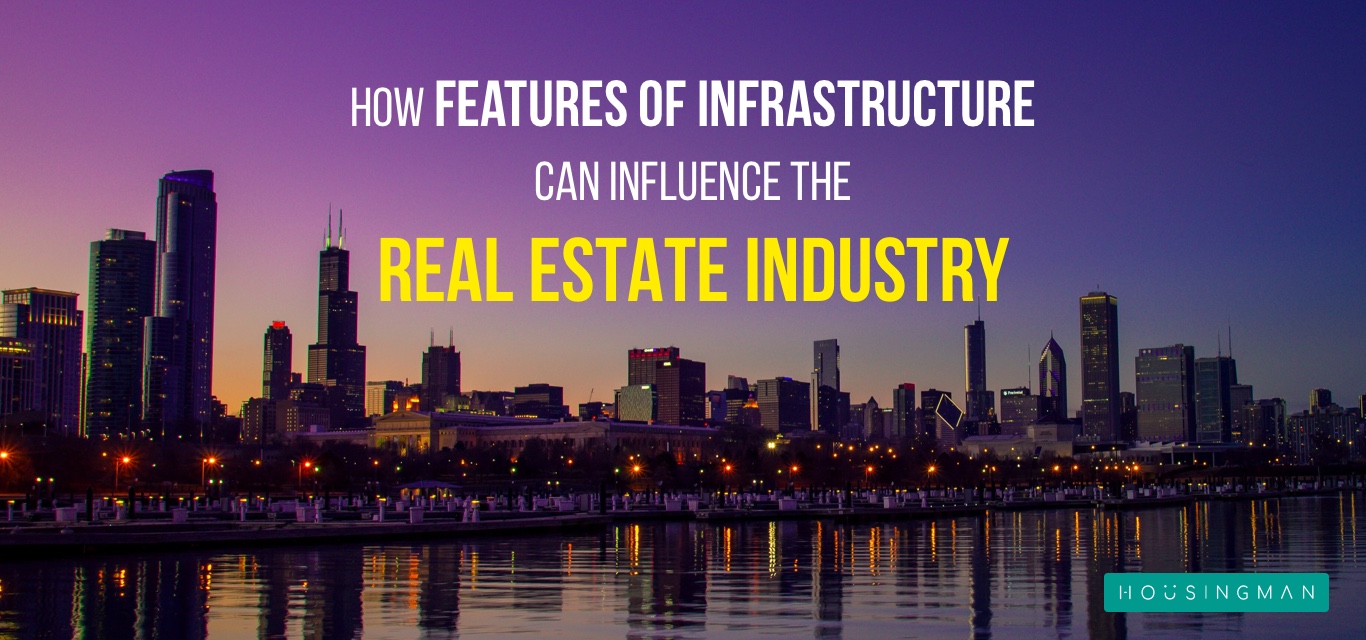Insurance is your true partner in re-stabilizing things when you are stuck badly by an ugly stroke of fate. Though there is no way out to escape what is destined but preparing for the worst is what makes you a better fighter. Financial security is the biggest relief at the time of adversity and this is why; people buy insurance of various types to keep their boat stable while sailing through rough weathers. Natural calamities are cruel game-changers. People who are house owners become homeless in a second when any such unfortunate event dismantles their lives. A cover available in the form of home insurance is a way to come out of trauma with courage. As it provides a hope to spring back to normalcy in shorter timeframe.
Types of Home Insurance India plans
The home insurance India market has reported sudden upsurge in the number of buyers due to increased awareness among the homeowners. The calamities like one that hit Uttarakhand or Chennai have been an eye-opener. Home-owners are now thinking seriously of the ways to reduce the financial losses caused during such mishaps to as low as possible. In addition to people living in these areas, those home-owners living in different landscapes that are less prone to natural calamities are exposed to other kinds of dangers, such as electrical faults leading to fire in house, burglaries, etc.
So, keeping the cover requirements in mind the home insurance India plans can be categorized as:
- Basic cover for incidents like fire, burglary etc ( Fire Insurance Policy)
- Comprehensive policy , popular as house owners’ package policy (HPP)
Fire insurance policy: This cover is limited to providing house the protection against loss of house caused by fire, lightening, storm, floods or any other natural calamity. The contents of the house are also protected on the purchase of additional cover in this plan. Cover from terrorist and any kind of vandalism is also provided at additional cost in the fire insurance policy.
HPP: The HPP offers wider cover than the fire insurance policy. It is bifurcated into two segments. The first one is dedicated to providing cover against the houses struck by fire and other similar natural calamities. And the cover for the content loss forms the second segment. The contents of the house are insured against the electrical faults, damage due to accidents, burglary etc. without additional expense in an HPP.
Which sum is insured as a part of home insurance benefits?
You can understand the home insurance benefits better by understanding the cost structure of a house. While calculating the insurable sum, the property value is divided as – locality cost, land cost and building cost. It is the building cost that forms the sum assured value in a home insurance plan. Thus, a house costing about a crore with one third as building cost fetches the sum assured value of one third of a crore only, i.e. about 30 lakhs. Thus, about one third of the loss can be recovered with buying home insurance.
How to insure a flat in the building
When you are the owner of an independent house, you can rebuild the house by claiming the home insurance. But this is certainly not the option available to the flat owners. Those people who have their flats in a common building must check with the builder, that their premises are covered against the losses caused by natural calamities or man-initiated unfortunate mishaps.

Ways of buying home insurance
It is important to understand the ways you can pick, for buying home insurance. The one way is to buy insurance on the market value basis. In this way, the insurer depreciates the value of the house by 2% on yearly basis. The market value may get de-factored by 100% in due course of time causing major blow to the home owner investing in the insurance. Resale value is not the market value (Please be clear on this!).
The option better to buying home insurance on market rate is to consider the reinstatement value. The reinstatement value is the cost that the homeowner will incur in rebuilding the property. In this case, the insurance claim is settled only when the actual construction of the house is carried out by the homeowner. This second method proves more effective in offering home insurance benefits when you buy cover for the contents of the house. Also, the depreciation cost is not deducted from the house value in case of reinstatement cover.
What is the optimal insurance cover?
You need to have a constant review of your insurance plan to find the optimal insurance cover. No agent will be able to provide the correct insurance cover value. They just agree to whatever amount you choose as cover. So, if you have bought the insurance for, say 7.5 lakhs for five years, but the assessor finds the construction cost to be of 10 lakhs near the end of the term, then you are under-insured by a margin of around 2.5 lakhs. Thus, this difference will not be paid to you by the insurance company. Buying home insurance, therefore, should be carried out only after research and thorough evaluation and keeping in mind the future costs associated with building of house.
When can your home insurance plan ditch you?
Home insurance company needs paperwork done in full, no exception to that! So, you must get the property surveyed properly, get the requisite approval certificates, secure the insurance document plan till the end of the term and also, ensure that the construction is legal before buying the insurance else you may face problem at the time of getting the claim. Buying home insurance can turn out to be a futile process if you have not made the correct declarations or have tweaked in the documents in any manner.
To conclude, it is wise to buy home insurance looking at the frequent occurrence of calamities. A homeowner should do the home work thoroughly before buying the home insurance and should make correct declarations if he wants to maximize the home insurance benefits.













